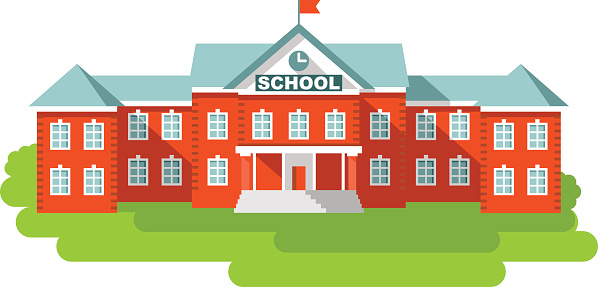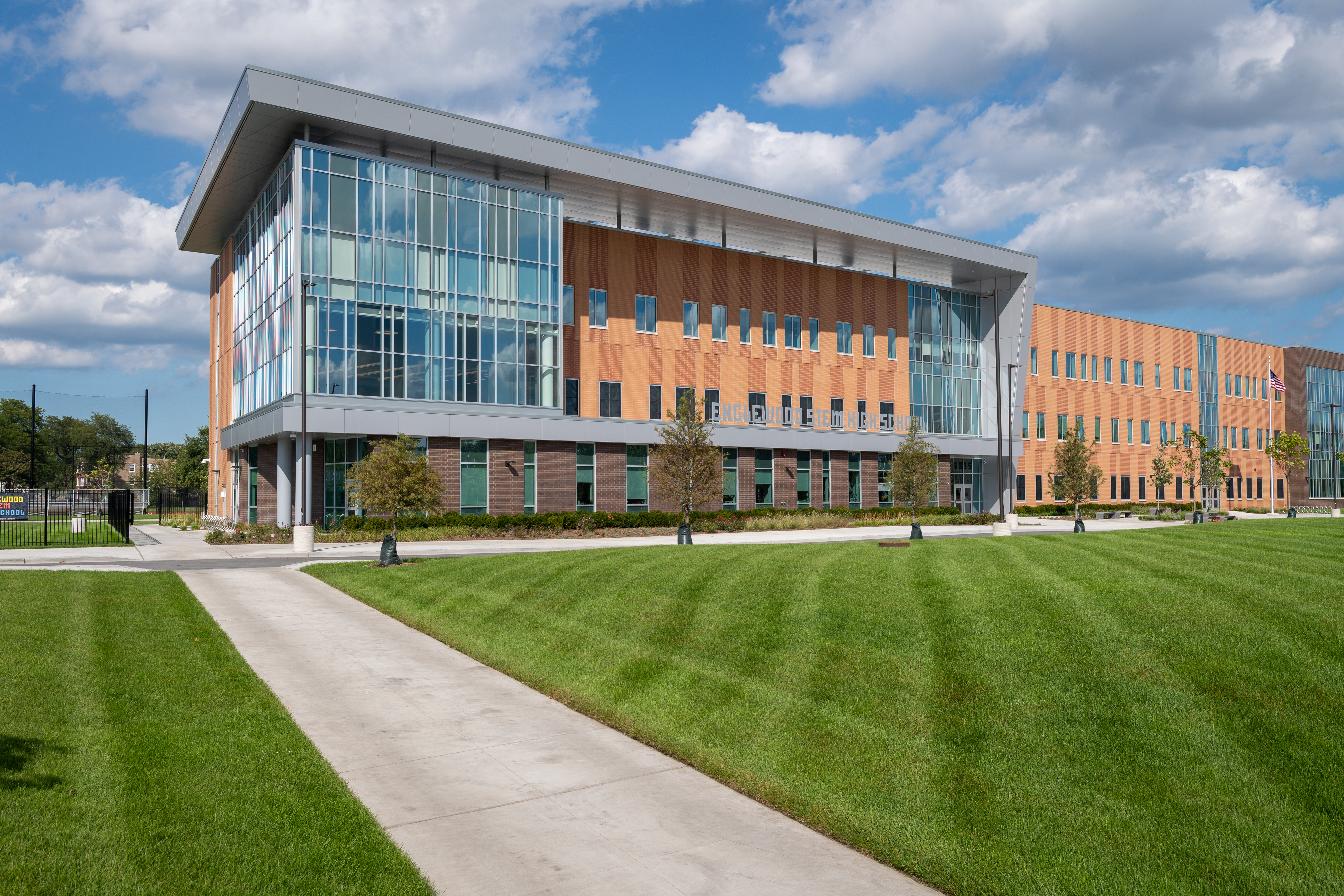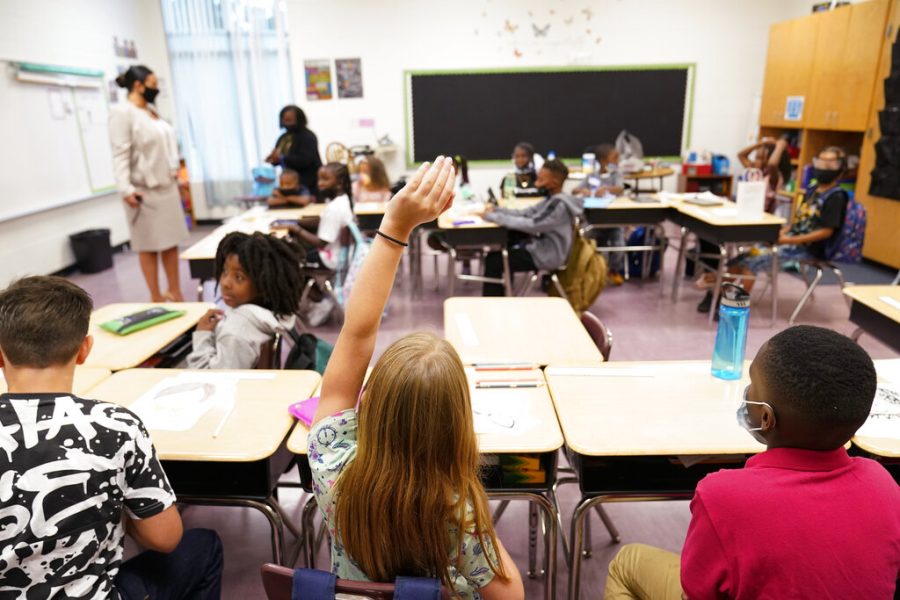The Function of Moms And Dads and Educators in the Effort to Save Temecula Schools
The Function of Moms And Dads and Educators in the Effort to Save Temecula Schools
Blog Article
Recognizing the Value of Schools in Child Advancement and Community Growth
Schools act as critical institutions for youngster advancement and area development, supplying settings where academic success are enhanced by the growing of social abilities and direct exposure to diverse point of views. These educational setups not only advertise vital thinking and reliable communication yet additionally foster compassion via collective jobs. Additionally, schools' involvement with neighborhood communities through service-learning campaigns reinforces the bond in between households and universities. This cooperative partnership underscores the relevance of institutions in supporting energetic citizenship and lifelong discovering habits. What are the specific mechanisms by which these organizations attain such profound influences?
Academic Achievement
Academic achievement works as a cornerstone of child growth, providing the foundation upon which future learning and success are developed. Institutions play a critical duty in fostering this scholastic growth, offering organized settings where children can obtain crucial knowledge and cognitive abilities. Standard curricula make certain that trainees gain effectiveness in core subjects such as mathematics, science, and language arts, which are important for both college and specialist chances.
In enhancement to giving fundamental academic abilities, colleges likewise cultivate vital reasoning, problem-solving abilities, and intellectual inquisitiveness. These cognitive competencies are important for navigating intricate real-world scenarios and adjusting to the ever-evolving demands of the modern work environment. Teachers, as facilitators of discovering, utilize varied instructional methods to satisfy different discovering styles, thus optimizing specific trainee possibility.
In addition, scholastic success is carefully linked to self-worth and motivation. Kids that experience academic accomplishments are most likely to create a favorable self-concept and a long-lasting passion for knowing. Schools additionally provide various sources, such as collections and technology, which further boost the educational experience and prepare students for a technically sophisticated society.
Social Ability Growth
Beyond academic success, the function of institutions in social skill advancement is indispensable. Schools work as a primary location for youngsters to find out and exercise essential social skills such as interaction, participation, and dispute resolution. In the organized setting of a classroom, trainees connect with peers, educators, and other institution staff, offering countless chances to develop these critical abilities.
Efficient social ability growth in colleges is promoted via group tasks, collective projects, and extracurricular programs. These communications aid pupils understand social norms, develop compassion, and foster a sense of neighborhood. Team jobs instruct trainees just how to function together towards a typical objective, listen to various viewpoints, and navigate disputes constructively.

The farming of social skills during institution years lays a foundation for future personal and expert partnerships. Save Temecula Schools. As trainees mature, the capability to effectively communicate and team up becomes increasingly vital, underscoring the college's crucial role in holistic youngster growth
Direct Exposure to Diversity
Direct exposure to diversity in colleges is fundamental to fostering an inclusive state of mind and widening students' viewpoints. Schools function as a microcosm of the wider culture, and experiencing varied cultures, languages, and socioeconomic histories within this atmosphere gears up pupils with essential skills for navigating a progressively globalized globe. This exposure encourages compassion, lowers prejudices, and advertises mutual respect among peers.
Diverse classrooms also improve social and cognitive growth. Research dig this study suggests that pupils that communicate with peers from diverse histories exhibit far better analytic abilities and creativity. They find out to appreciate various viewpoints, which enriches classroom discussions and promotes a much more vibrant knowing experience. Furthermore, this understanding of diversity prepares pupils for future offices that worth multicultural competence.

Neighborhood Interaction
The benefits of diverse classrooms prolong past the institution walls, cultivating a strong sense of neighborhood involvement among students. By engaging with peers from numerous social, socioeconomic, and ethnic histories, students get a more comprehensive perspective and an admiration for diversity. This exposure motivates them to become active citizens who are ready to add positively to their areas.
Institutions that emphasize neighborhood engagement usually include service-learning jobs, which permit pupils to attend to real-world problems while applying scholastic abilities. These tasks not only enhance pupils' understanding of their coursework yet also infuse a sense of obligation and compassion. Moreover, collaborations between colleges and neighborhood companies offer trainees with possibilities to get involved in neighborhood occasions, better strengthening their duty as proactive community members.
Additionally, parental and neighborhood participation in institutions reinforces the bond in between academic establishments and the areas they offer. When schools open their doors to area events, workshops, and volunteer possibilities, they develop a collaborative setting that profits all stakeholders. This shared assistance system makes certain that students receive holistic development, preparing them to become all-round her comment is here individuals that contribute and value to their areas. Via these efforts, institutions play an essential duty in nurturing area interaction and cultivating social development.
Lifelong Discovering Habits
Establishing lifelong understanding habits is necessary for a kid's continual growth and adaptability in an ever-changing world. Colleges play a crucial function in instilling these practices by creating an environment that promotes interest, vital thinking, and a love for expertise. Via varied educational programs and extracurricular tasks, teachers urge pupils to discover numerous subjects, evaluate details critically, and apply their discovering to real-world scenarios.

Furthermore, schools offer an organized setting where kids can establish self-control and time monitoring abilities, both of which are critical for continual learning. By highlighting the significance of setting goals, showing on development, and adapting methods, universities prepare trainees to navigate the complexities of grown-up life, guaranteeing they stay lifelong students and contributors to society.
Conclusion
In final thought, colleges are necessary in fostering kid growth and community growth by giving atmospheres helpful to academic achievement, social ability growth, and direct exposure to variety. Through joint projects and interactions, colleges enhance crucial reasoning, empathy, and interaction skills. Community interaction initiatives further reinforce the bond in between schools and regional neighborhoods. Inevitably, colleges cultivate long-lasting learning habits, outfitting people with the essential understanding and skills to add positively to society.
In the structured atmosphere of a class, trainees engage with peers, teachers, and other school personnel, providing various opportunities to develop these crucial abilities.
In significance, exposure to variety within colleges not only check my blog enriches specific trainees however also enhances the social fabric of the area as a whole.
The benefits of varied class extend past the institution wall surfaces, cultivating a strong feeling of neighborhood interaction among pupils.Colleges that stress community involvement typically integrate service-learning tasks, which allow students to resolve real-world problems while using academic abilities. Partnerships in between schools and local organizations offer pupils with chances to participate in neighborhood occasions, even more strengthening their duty as aggressive area members.
Report this page